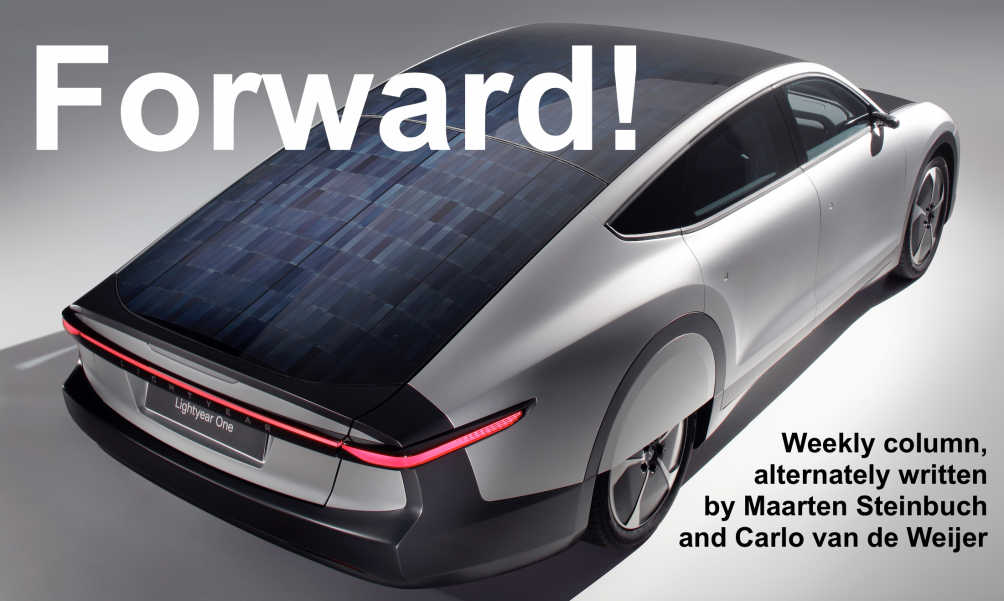
Fueling is not what it used to be. Decades ago, a pump attendant kindly filled up your car and at the same time checked the fluids and other vital car parts. Now the car checks itself and we are allowed to operate the fueling gun ourselves. As a result of that, and of the lower margin on fuels, half of the more than four thousand filling stations in the Netherlands are now unmanned. The other half are increasingly concentrating on sandwiches, coffee, cigarettes, candy, car washes, and other higher-margin products and services.
But this change is nothing compared to what awaits gas stations in the coming years. With the demise of the fuel engine, the industry is looking for a new role in energy supply. Probably before 2035, more than half of the kilometers on Dutch roads will be driven electrically. And not long after that, fuel sales will be limited to a modest amount of synthetic fuels for classic cars, specialty vehicles, and long-haul trucks.
Many gas stations are hoping for hydrogen as a new fuel, but those hopes are in vain. Hydrogen is essential in the energy transition, but it hardly plays a role in future road transport.

More and more gas station owners are therefore focusing on providing power for electric cars. But most of the electricity for driving, some 60%, is currently simply charged at home. Furthermore, about 10% is charged at work, 20% at regular public charging stations, and about 10% at fast chargers. But the latter share is rising rapidly, probably at the expense of home charging. This has to do with the fact that electric cars are becoming cheaper and cheaper: now most people with an electric vehicle still have their own driveway and charging station, but the more people start driving electric, the less that will be the case. And people without a home charger charge on average twice as often at a fast charger.
However, the growing market for fast charging is not only being picked up by gas stations. Tesla’s fast-charging network in the Netherlands, for example, is primarily found at hotels. These are very well prepared to provide the occupants of the car with coffee, a meal, or a workstation during the charging process. And it is precisely this that provides a glimpse into the future of the charging station. It will be a place where both the car and its occupants are cared for. This can be done at the same location as today’s petrol stations, but also at hotels, car dealers, restaurants or providers of flexible workplaces, who in this way attract people with time and thus potential turnover.
The long opening hours and easy access however still give petrol stations an advantage in today’s 24-hour economy. Complete with meeting space, lounge bar, parcel collection service, lunchroom, car cleaning service, and many more conveniences to recharge both vehicle and human.
Maarten Steinbuch and Carlo van de Weijer are alternately writing this weekly column, originally published (in Dutch) in FD. Did you like it? There’s more to enjoy: a book with a selection of these columns has just been published by 24U and distributed by Lecturis.

